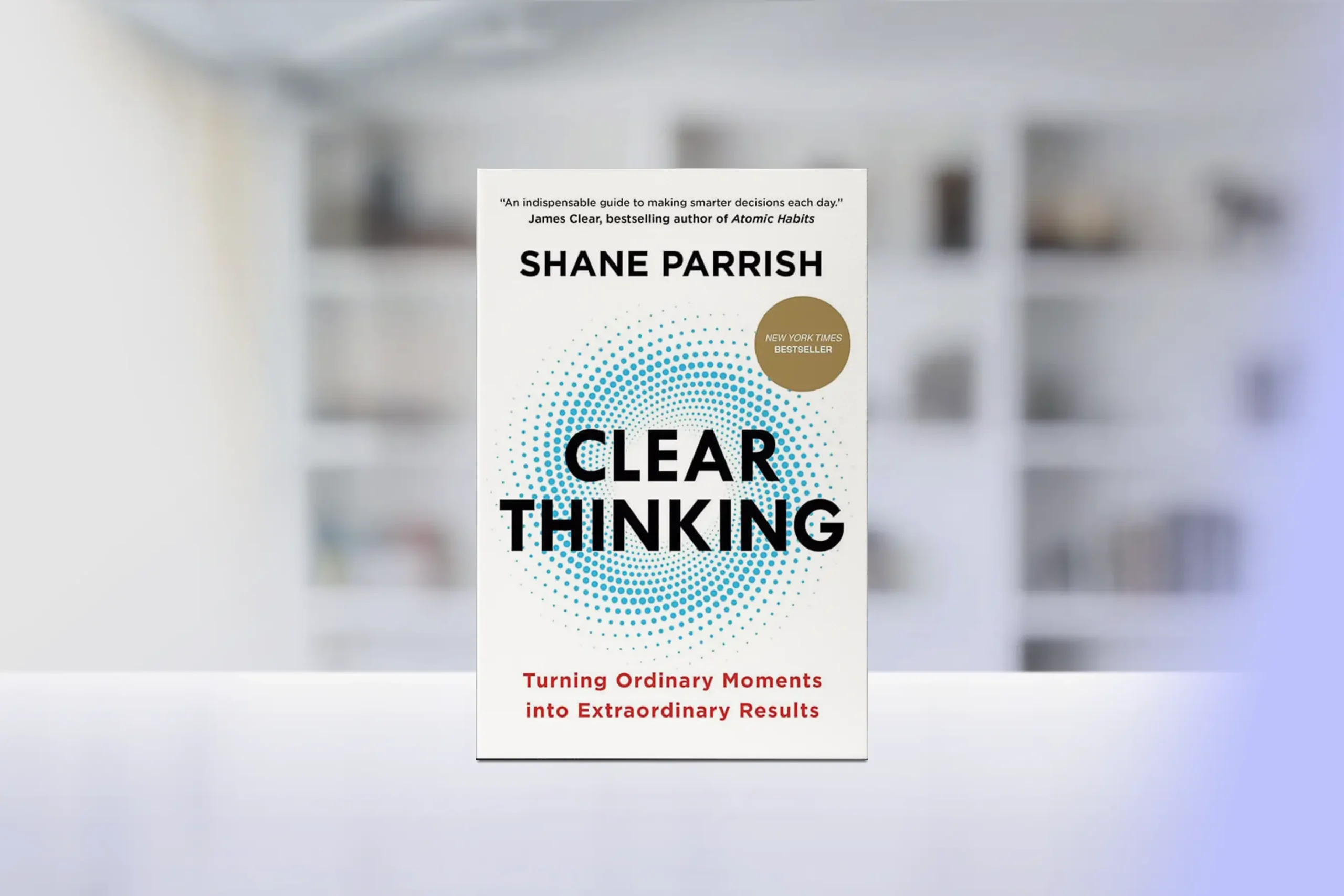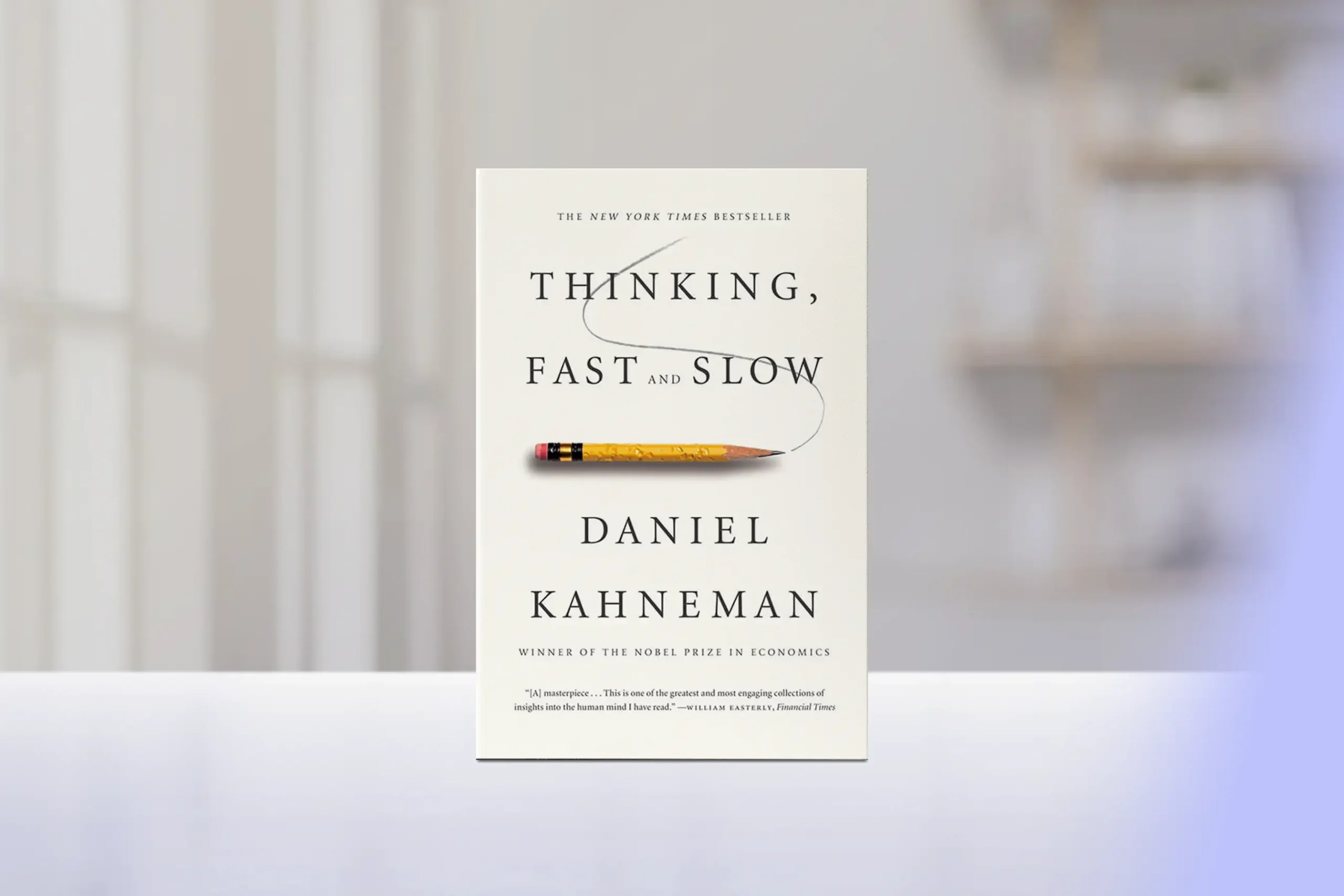Ever feel like you’re working tirelessly but still not making meaningful progress? You’re not alone. It’s easy to get stuck in the daily grind, where breakthrough moments seem frustratingly out of reach. But there are powerful ways to trigger a massive breakthrough—methods that can shift your mindset, refocus your energy, and finally move you forward in a big way.
Inside this article:
Here’s the thing about breakthroughs—they’re rarely the result of massive, life-altering decisions. More often, they come from simple shifts that create just enough momentum to unlock something bigger. The strategies in this article aren’t about perfection or complete transformation overnight. They’re about creating small cracks in the wall that’s been holding you back.
Whether you’re feeling stuck in your career, relationships, health, or personal growth, these 10 approaches can help you break through the barriers and rediscover your forward momentum.

1. Change Your Space
Sometimes the breakthrough you need starts with simply changing where you spend your time. Your environment shapes your thoughts, energy, and possibilities more than you might realize.
Why it’s important: Environmental psychology research shows that our physical surroundings directly influence our mental state and creative thinking. Research from Newport Institute reveals that your environment affects you through all your senses—temperature, scents, sounds, and lighting—with studies showing that patients with nature views heal faster and your surroundings can literally change your brain chemistry and breakthrough capacity.
Try this: Work from a coffee shop today, rearrange your bedroom, or take that important phone call while walking outside.

2. Digital Detox (24hr)
Constant digital input creates mental noise that drowns out your inner wisdom and creative insights. A 24-hour break from screens can be surprisingly revelatory.
Why it’s important: Recent research shows that Americans check their phones 205 times per day, creating what researchers call “continuous partial attention.” Neuroscientist Dr. Daniel Levitin explains in The Organized Mind that this constant task-switching depletes mental energy and prevents the deep thinking necessary for breakthrough moments.
The first few hours might feel uncomfortable, but that’s exactly when the magic starts happening. Research suggests this phase is critical—it’s when the brain begins to disengage from constant stimuli and allows for deeper thought processes to emerge, often sparking meaningful insights.
Try this: Turn off all devices from dinner tonight until dinner tomorrow—you’ll be amazed what your mind comes up with.

3. Truth Journaling
Most of our inner dialogue runs on autopilot, filled with stories we tell ourselves without questioning their accuracy. Truth journaling cuts through the mental chatter to reveal what’s really going on.
Why it’s important: Psychologist Dr. James Pennebaker’s research on expressive writing shows that honest self-reflection on paper can lead to improved mental clarity, reduced stress, and better decision-making. His studies published in leading psychology journals found that people who engaged in “truth telling” through writing experienced significant breakthroughs in problem-solving within just three to four sessions.
Try this: Set a timer for 15 minutes and write continuously about what you’re really feeling—no editing, no judgment.

4. Start (Not Just Plan)
Planning feels productive, but it can become a sophisticated form of procrastination. Sometimes you need to start before you feel ready, with whatever you have right now.
Why it’s important: Behavioral scientist Dr. BJ Fogg’s research at Stanford shows that action creates momentum more effectively than planning. In Tiny Habits, he demonstrates that starting with imperfect action generates feedback and clarity that no amount of planning can provide. The act of beginning literally rewires your brain for possibility.
Quick tip: Choose one thing you’ve been planning and take the smallest possible step today, even if it’s messy.

5. Get Creative
Creativity isn’t just for artists—it’s a problem-solving tool that can unlock solutions you never considered. When logic hits a wall, creativity finds a way around it.
Why it’s important: Dr. Mihaly Csikszentmihalyi’s research on creativity reveals that creative activities activate the brain’s default mode network, leading to unexpected connections and insights. His book Flow shows that creative engagement often produces the “aha!” moments that trigger personal breakthroughs.
You don’t have to be “good” at it; the point is to think differently, not create a masterpiece. The point is to get creative and enjoy the process of creating.
Try this: Spend 30 minutes doing something creative with your hands—draw, cook, build something—without any goal except play.

6. Try a Micro-Challenge (7 days)
Big goals can feel overwhelming, but a seven-day micro-challenge feels manageable while still creating meaningful change. It’s long enough to build momentum but short enough to maintain motivation.
Why it’s important: Psychologist Dr. Sean Young’s research on behavior change shows that micro-challenges create what he calls “success spirals“—small wins that build confidence and motivation for larger changes. His work demonstrates that seven-day challenges hit the sweet spot between being significant enough to matter and short enough to complete.
Try this: Choose one small habit to do for seven days straight—morning pages, 10 push-ups, or calling one friend daily.

7. Declutter Your Place
Physical clutter creates mental clutter. When your environment is chaotic, your thoughts tend to follow suit. Clearing your space often clears your mind for new possibilities.
Why it’s important: Research by Princeton University Neuroscience Institute shows that clutter creates visual distraction that interferes with concentration and cognitive processing, thus contributing to mental clutter. Organizing expert Marie Kondo’s approach, described in The Life-Changing Magic of Tidying Up, aligns with this evidence, as decluttering not only creates physical order but also helps individuals prioritize what truly matters, fostering psychological clarity and emotional wellbeing.
Try this: Clear one surface completely today—your desk, kitchen counter, or bedside table—and notice how it affects your mood.

8. Letter to Future You
Writing to yourself one year from now forces you to think beyond current limitations and imagine what’s truly possible. It’s a powerful way to reconnect with your deeper aspirations.
Why it’s important: Dr. Hal Ersner-Hershfield’s research shows that connecting with your future self improves motivation and decision-making by making future goals feel more vivid and emotionally real. Writing to yourself triggers brain regions involved in self-reflection, helping bridge the gap between present and future while fostering optimism and clarity about your aspirations.
Don’t worry about predicting the future perfectly; focus on what you hope to feel and experience.
Try this: Write a letter describing your life one year from today—be specific about how you want to feel and what you want to have accomplished.

9. Choose Forgiveness (Towards Yourself)
Self-criticism is one of the biggest barriers to breakthrough moments. When you’re constantly battling yourself, there’s no energy left for growth and positive change.
Why it’s important: Dr. Kristin Neff’s research on self-compassion shows that people who practice self-forgiveness are more resilient, creative, and willing to take positive risks. Her book Self-Compassion demonstrates that self-criticism actually inhibits the very changes we’re trying to make, while self-forgiveness creates the psychological safety needed for growth.
Try this: Write down three things you’ve been criticizing yourself for, then rewrite each one as if you were talking to a good friend.

10. Ask One Impactful Question Daily
The right question can shift your entire perspective and open up possibilities you hadn’t considered. Questions direct your focus and prime your brain to notice opportunities.
Why it’s important: Cognitive scientist Dr. Daniel Kahneman’s work shows that the questions we ask ourselves shape what we pay attention to and, ultimately, what we discover. Warren Berger’s research in A More Beautiful Question reveals that innovative thinkers consistently use questioning as a tool for breakthrough thinking.
The goal isn’t to have the perfect answer immediately, but to prime your mind to notice a world of new possibilities.
Try this: Choose one powerful question to ask yourself each morning this week, like “What would I do today if I knew I couldn’t fail?”
Next Steps
Creating a breakthrough isn’t about implementing all these strategies at once—that’s a recipe for overwhelm, not transformation. Instead, focus on taking deliberate action:
- Choose 1-2 strategies that resonated most strongly with you from this list
- Commit to trying them this week rather than waiting for the “perfect” moment
- Start small and build momentum – even 15 minutes of focused effort can spark change
- Track your experience – notice how these small shifts affect your energy and perspective
- Be patient with the process – breakthroughs often happen gradually, then suddenly
Remember: the breakthrough you’re seeking isn’t hiding behind some complex formula or perfect timing. It’s waiting for you to take that first brave step, armed with nothing more than curiosity, self-compassion, and the courage to begin again. Your transformation starts now.
Related articles
The Power of a Growth Mindset: Strategies for Future Success
Embrace challenges and accelerate your personal growth with this powerful mindset shift.
How to Step Out of Your Comfort Zone and Experience Real Growth
Overcome self-imposed limitations and achieve more than you ever thought possible.
The Power of Habit: How Cultivating Good Habits Transforms Your Life
Learn how to set and achieve ambitious goals in all areas of your life.
Self-Discovery: Personality Tests and Tools to Learn More About Yourself
Create a comprehensive plan for continuous growth and lifelong success.
Further reading
“Atomic Habits” by James Clear
Explores the science of habit formation and small changes, directly supporting the article’s focus on micro-challenges and starting small.
“Daring Greatly” by Brené Brown
Discusses vulnerability and its role in building courage and resilience, connecting to the article’s themes of self-acceptance and breakthrough thinking.
“The Power of Now” by Eckhart Tolle
Offers strategies for mindful awareness and presence, supporting the article’s emphasis on truth journaling and self-reflection.
“Flow: The Psychology of Optimal Experience” by Mihaly Csikszentmihalyi
Provides deep insights into creative states and peak performance, aligning with the article’s focus on creativity and breakthrough moments.





